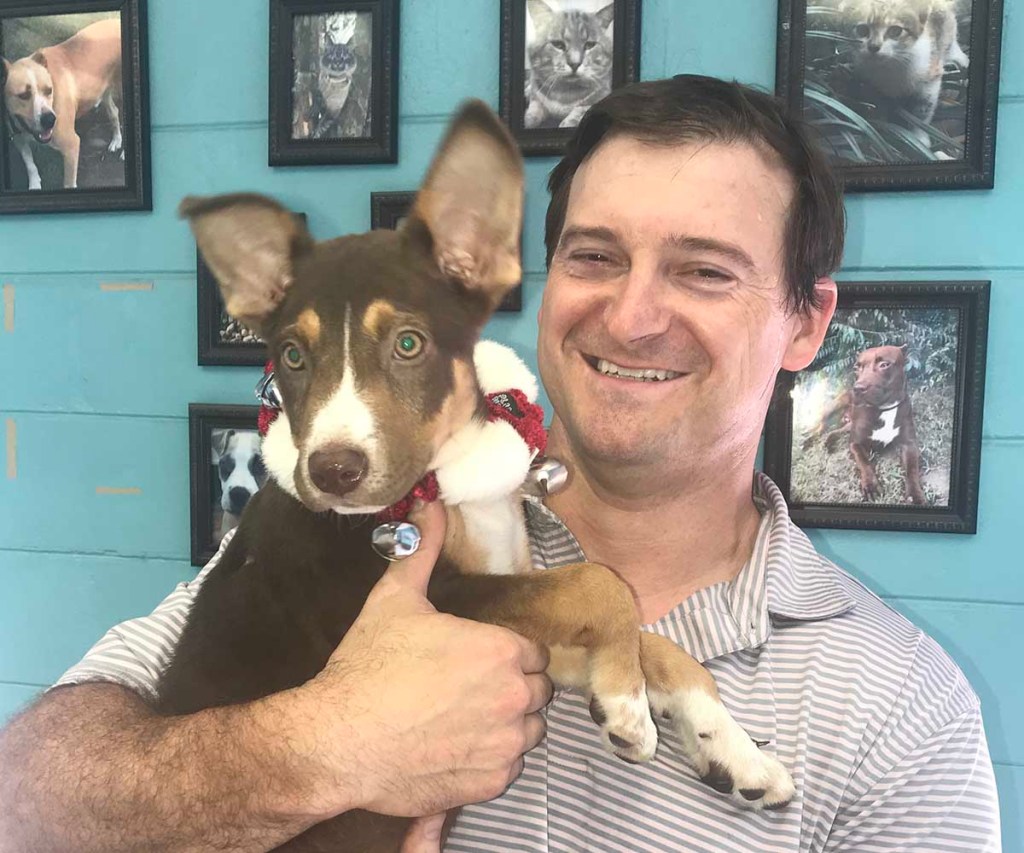Humane Society cuts euthanasia rate
Published 6:45 pm Wednesday, February 17, 2021

- Drew Durham, executive director of the Moultrie Colquitt County Humane Society, holds Tatum in this photo from Fall 2020.
MOULTRIE, Ga. — In 2020, the Moultrie Colquitt County Humane Society (MCCHS) has euthanized 365 fewer animals than the year before.
Under Executive Director Drew Durham, the MCCHS has been working since March of 2020 to enact a “no space related” euthansia program.
The program is designed to find alternative means of housing and homing for the animals, Durham said.
A large majority of them are transferred to rescue groups, he said. These groups are generally other shelters who have available space or a need for adoptable animals. Animals have been transferred anywhere from South Florida up to Baltimore, Maryland.
“It was a decided effort by all of the employees to euthanize as little animals as possible,” said Durham, who updated city and county officials on the Humane Society’s progress at meetings of Moultrie City Council and Colquitt County Board of Commissioners Tuesday night.
The MCCHS has helped to rescue 289 more animals than in 2019, Durham said. They have also returned 49 lost animals to their rightful owners, one of their highest years yet.
“It’s going to be hard to top last year,” Durham said, “but we have a great board of directors and a great staff. There’s no reason we can’t keep going.”
A big benefit of decreasing their euthanasia rates is MCCHS will have a better chance of securing federal and state funding, he said. This will increase their ability to house, care and rescue animals.
“We have jumped our live release rate from 72 percent to 93 percent and this is a big thing grant applications look for. They want to see you are trying to care for the animals,” he said.
While grants are something the MCCHS can look forward to, they have recently been accepted into a program run by the Atlanta Humane Society known as the Outreach Project.
Durham had applied in the summer of 2020 and was accepted in December. The program is designed to give financial aid to rural shelters that are making efforts to decrease their euthanization rates.
He plans to invest the funds back into the shelter.
“I want to redo some flooring and paint our cat room, office and lobby,” he said. “We are also going to redo some fencing that has been through some wear and tear.”
Durham says these improvements should be all finished by Oct. 1.
If you would like to adopt, donate or report a missing animal to the MCCHS you can find them on Facebook or over the phone at (229) 985-5463.





